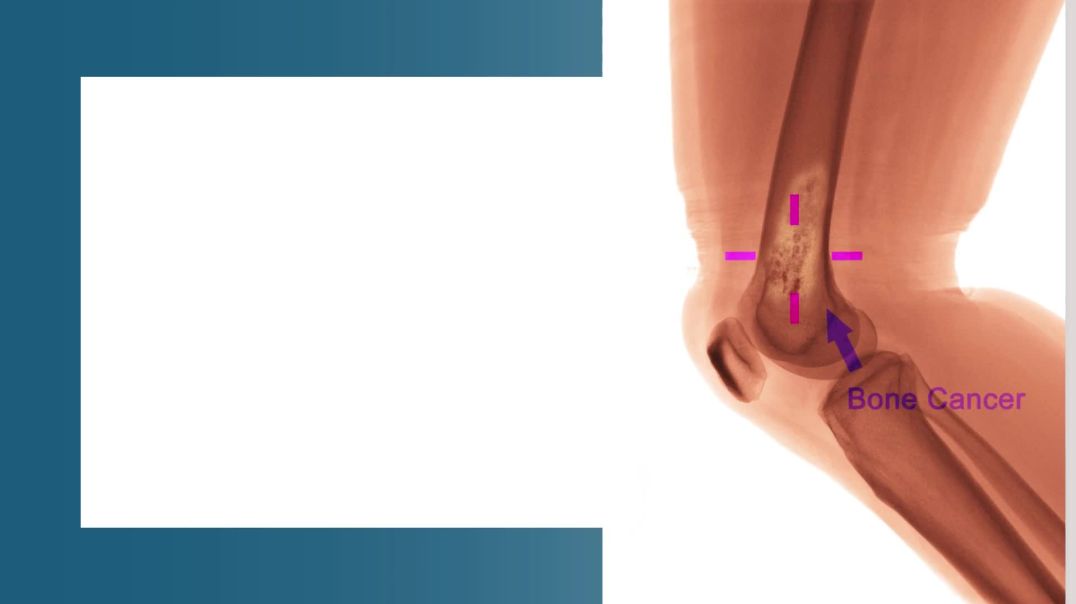7 Views· 20 August 2022
Managing Lung Cancer
To download this animation and many more, employees of hospitals, universities and libraries can sign up for a FREE trial to the Nucleus Medical Art Library: http://nmal.nucleusmedicalmedi....a.com/free-trial-mem
#LungCancer #cancer #oncology
MEDICAL ANIMATION TRANSCRIPT: You or someone you care about may have been diagnosed with lung cancer. This video will help you understand how to manage it. Your lungs are a pair of organs inside your chest that allow you to breathe. Lung cancer is a disease in which cancer cells form in your lung tissue. Treatment for lung cancer may remove or destroy the cancer. After treatment, it's very important to have a follow up care plan. This includes going to follow up appointments. Your doctor will want to make sure the cancer has not returned and checked for health problems resulting from treatment. It's also important to get regular CT scans to check for cancer. If you are on any medications, continue to take them as prescribed by your doctor. Take note of any side effects and tell your doctor. If you had lung surgery or other treatments, follow any instructions you were given. You may also need to make some of the following healthy lifestyle changes. If you smoke, it's important to quit smoking. This lowers the risk for cancer returning or spreading. Eat a healthy diet with more fruits, vegetables, and whole grains. This will help you stay strong and feel better. Limit how much alcohol you drink. It can reduce your risk of cancer. Become physically active. Activities like walking, riding a bicycle, or swimming can help you feel better and less tired. Talk to your doctor before starting an exercise routine. Knowing you have cancer can be overwhelming. You may have worries about things like your condition and how it affects your family, treatments and hospital stays, medical bills, and your job. Fortunately, there are ways to cope with this. Remember that your doctor and health care team are there to answer any questions you have. The following sources of support can help you cope with your concerns: social workers, church leaders, counselors, and support groups. Talk to your doctor if you have any questions about your treatment plan, medications, or lifestyle changes to help you manage lung cancer.
ANH15168



























0 Comments